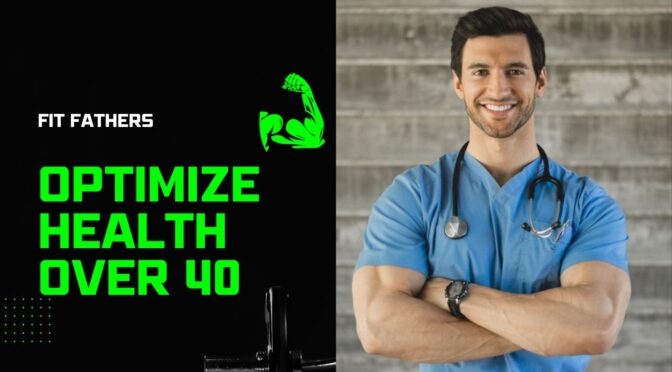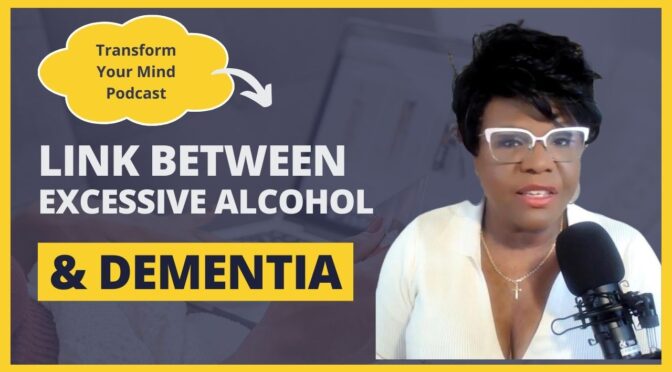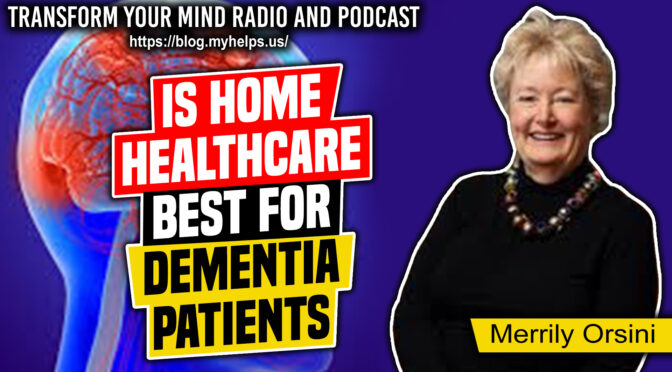What is the, longevity health plan? The journey through life’s decades brings about numerous changes, and for many, crossing the threshold of 40 is both a milestone and a wake-up call to reassess their health regimen. On the “Transform Your Mind to Transform Your Life” radio podcast, host Myrna Young engages in a thought-provoking dialogue with Dr. Anthony Balduzzi, founder and CEO of the Fit Father Project and Fit Mother Project. This candid conversation unveils critical insights into tailoring health and fitness strategies for those over 40, focusing on longevity and the desire to remain active for families.
Download the podcast here:
The Role of Circadian Rhythms in Your Longevity health plan
Our bodies are intricately tuned to natural cycles, the most foundational of which is the circadian rhythm. Dr. Balduzzi explains the profound impact of sunlight in regulating essential hormones that dictate not only our sleep but our mood and physical health. Morning exposure to sunlight triggers serotonin release, enhancing mood and preparing the body for melatonin production at night, which aids sleep and cellular restoration.
As individuals over 40 face changes in sleep patterns, notably during menopause for women, understanding and respecting our hormonal cycles becomes even more critical. Exposure to bright screens in the evening can disrupt melatonin release, underscoring the need for practices such as limiting screen time and exploring supplemental aids like melatonin and magnesium for better sleep.
Additionally, embracing routines that sync with the sun's rise and set – getting morning light and dimming household lights in the evening – can help recalibrate our natural clock. For those without access to ample sunlight, alternative solutions like using seasonal light therapy lamps can provide similar benefits and a must in your, longevity health plan.
Nutrition and Exercise: Building Blocks for Longevity
The discussion shifts to nutrition and exercise, where Dr. Balduzzi breaks down a holistic approach to eating and working out for the 40-plus demographic. High-quality protein sources, healthy fats, and ample hydration are emphasized, with recommendations to veer away from high-carb diets and rather focus on life-giving “life foods”. For women, looking for a, longevity health plan, eating a high protein diets is especially crucial during menopause to maintain muscle mass and stabilize metabolic rates.
Strength training emerges as a non-negotiable component for both men and women in their, longevity health plan. Echoing the sentiments found in Dr. Peter Attia's book “Outlive“, Dr. Balduzzi asserts that strength training not only conditions muscles but also activates, longevity genes, and improves metabolic and cognitive functions. Men, specifically, can benefit from strength training to help combat the natural decline of testosterone that bears significant influence on bone density, muscle mass, and overall vitality.
Sponsored Ad
Luckily for those of us who live with the symptoms of allergies, we can Live Claritin Clear with Claritin-D.
Designed for serious allergy sufferers, Claritin-D has two powerful ingredients in just one pill that relieve your allergy symptoms AND decongest your nose so you can breathe better.
If you are Ready to live life as if you don’t have allergies? It’s time to Live Claritin Clear.
Fast and powerful relief is just a quick trip away. Ask for Claritin-D at your local pharmacy counter. You don’t even need a prescription!
Go to CLARITIN.COM right now for a discount so you can Live Claritin Clear.
Use as directed for relief of nasal congestion, runny nose, sneezing and itchy nose due to allergies.
Mind, Body, and Spirit: A Triangular Approach to Aging
Lastly, the conversation touches the soul of why nurturing the mind, body, and spirit nexus is the ultimate key to thriving past 40. Dr. Balduzzi underlines the necessity of deep reflection on personal values and motivations, constructing a mission statement that connects health to life's bigger picture.
Whether it's safeguarding time with family or adhering to a faith-informed conviction to honor one's body as a temple, establishing the ‘why' behind health choices ensures sustainability. Programs like the Fit Father and Fit Mother empower individuals to form a supportive community, precisely tapping into group strength in their, longevity health plan. Echoed by Myrna’s personal insights, this underscores the fact that we don't merely seek to extend years in life, but to infuse life into those years in the company of loved ones.
The aphorism “health is wealth” takes on a profound hue when cast against the backdrop of legacy, companionship, and the sanctity of our fleeting human experience.
By aligning lifestyle choices with natural laws, empowering ourselves with knowledge, and fortifying our internal fuel through community and spiritual practices, transcending the age of 40 can be a rich passage. It’s about redefining the parameters of health through a wise and heart-centric lens, advocating a preventive stance against the ailments of age that may separate us too soon from those we cherish most.
Longevity Health Plan: Fit Fathers
How does your, longevity health plan, set itself apart from other health and wellness programs targeted at the 40 plus age group?
We have probably the largest track record of any program online in terms of success stories with over 60,000 successful people in over 100 countries.
And because of that, we've been able to develop a really robust system that works not just for shorter term results, but actually a sustainable lifestyle change. Which means we're not just addressing exercise and nutrition, we're also addressing mindset and habits and connections to your why and your mission. I can run you through our process because I think it's going to be very explanatory before we get even people on the nutrition and the healthy eating and improving the sleep, we actually have them go through a deep mindset program.
Mission statement in motivation work, where you really get clear on what your core values are in your life and how your health is connected to all of those you love. And you create a powerful written mission statement to guide your healthy behaviors, which includes your, longevity health plan. Just connecting your health to your family, to your spirituality, to your ability to make money and experience abundance, helps you rewire your neuro associations. Because the reason we struggle with health is not strictly because we don't have the right plan.
Podbay Transform Your Mind
Key Takeaways Longevity Health Plan:
-
Aligning with natural rhythms and understanding the role of light can profoundly affect hormonal balance and overall health.
-
Building consistent routines involving sleep, hydration, nutrition, and exercise can vastly improve the quality of life after 40.
-
Understanding the specific needs and changes faced by both men and women during middle age is key to adopting effective health strategies.
-
Community and mindset are pivotal in sustaining motivation and fostering long-term health changes.Dr. Balduzzi's approach integrates body, mind, and spirit, emphasizing that tending to the body is both a physical and spiritual act.
-
Dr. Balduzzi's approach integrates body, mind, and spirit, emphasizing that tending to the body is both a physical and spiritual act.












